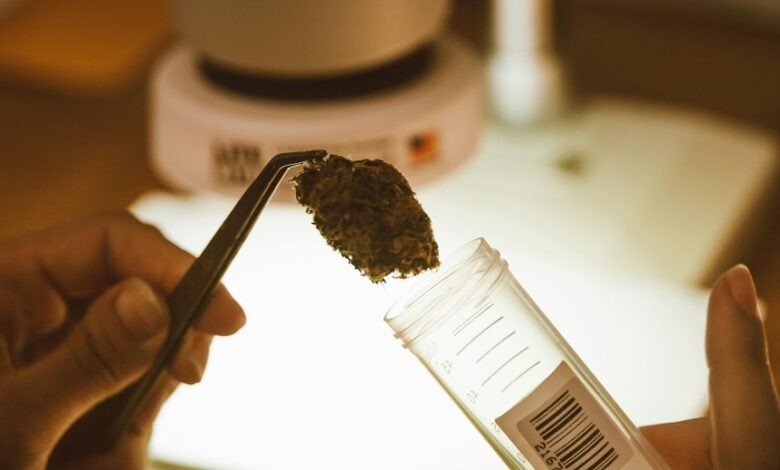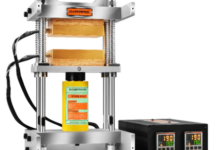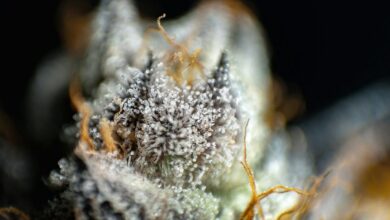Does Cbd Show up in a Urine Test

The question of whether CBD shows up in urine tests is pertinent for many consumers. Generally, standard drug tests are designed to detect THC rather than CBD. However, the presence of trace amounts of THC in some CBD products can complicate this issue. Understanding the differences between these compounds and how drug tests function is crucial for anyone considering CBD use. What factors should be considered to ensure a negative result?
Understanding CBD and THC: The Key Differences
Cannabidiol (CBD) and tetrahydrocannabinol (THC) are two prominent cannabinoids found in cannabis plants, each possessing distinct properties and effects.
CBD is known for its potential therapeutic benefits, including anxiety reduction and pain relief, without producing psychoactive effects.
In contrast, THC is responsible for the euphoric high associated with cannabis and can influence mood and perception, showcasing its distinct psychoactive effects.
How Drug Tests Work: What They Screen For
Drug tests are essential tools used by employers, law enforcement, and medical professionals to detect the presence of certain substances in an individual's system.
Urine analysis is the most common method for drug testing, screening for substances such as THC, opioids, and amphetamines.
These tests provide critical information regarding an individual's substance use, ensuring safety and compliance in various environments.
The Risk of THC Contamination in CBD Products
THC contamination in CBD products is a concern that arises frequently among consumers.
Many CBD products may contain trace amounts of THC, potentially leading to unexpected positive drug tests.
Inconsistent product labeling further complicates this issue, as consumers may not be aware of the THC content in their chosen products.
Awareness of these risks is essential for those seeking drug-free options.
Tips for Choosing CBD Products to Minimize Drug Test Risks
How can consumers ensure they choose CBD products that minimize the risk of testing positive for THC?
Prioritizing CBD quality is essential; look for products that undergo third-party testing.
Additionally, scrutinizing product labeling can reveal THC content.
Opt for CBD isolate or broad-spectrum options, which generally contain no THC, to further reduce the likelihood of a positive drug test result.
Conclusion
In the landscape of drug testing, CBD can be likened to a shadow—often overlooked but capable of revealing hidden truths. While CBD itself is unlikely to trigger a positive urine test, the potential presence of THC in low-quality products casts a long shadow of uncertainty. To navigate this terrain safely, consumers should choose their CBD wisely, selecting products that are transparently labeled and rigorously tested, ensuring they stand in the light rather than risk being ensnared by unseen pitfalls.






